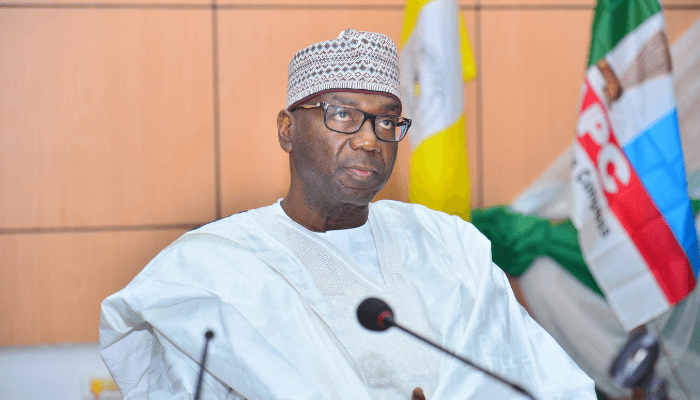n a major push to bridge the education gap across underserved and nomadic communities, the Kwara State Government has announced the construction of 15 new schools, including 11 primary and four secondary schools, as part of its broad strategy to expand access to learning and improve educational infrastructure.
The announcement was made by Prof. Shehu Adaramaja, Chairman of the Kwara State Universal Basic Education Board (SUBEB), during a progress briefing held on Wednesday. He outlined key achievements and new projects launched between January and April under the administration of Governor AbdulRahman AbdulRazaq.
“This initiative directly targets communities where children have historically faced barriers to education,” said Prof. Adaramaja. “Our goal is to ensure that no child is denied access to quality learning, regardless of geography or background.”
Strategic Investments in Learning Infrastructure
The plan complements ongoing infrastructure upgrades across existing schools, including the construction of 37 new classroom blocks and VIP toilets in 33 schools, carried out in partnership with the Uganda Basic Education Foundation.
The state is also taking bold steps to embrace technology in education with the launch of a new E-Learning Centre in Adida, which Adaramaja described as “a major leap forward in digital learning for Kwara.”

Improving Teacher Welfare and Training
Beyond infrastructure, the government has focused on teacher development. Nearly 7,000 educators and administrators have been trained under the New Calhoun Creek Programme, which is aimed at improving classroom instruction and school management.
Additionally, over 1,000 newly recruited teachers—some of whom had faced salary delays pending verification—have now received their outstanding payments, ensuring greater staff morale and stability.
Promoting Inclusive and Nomadic Education
In a progressive step toward inclusive education, the state is also supporting mobile athletic and educational competitions for nomadic children, recognizing the unique needs of students from itinerant communities.
“These combined efforts are part of a holistic approach to inclusive development,” Adaramaja emphasized. “We are not only building schools but also nurturing an equitable education ecosystem.”
A Model for Grassroots Educational Development
With its latest initiatives, Kwara State continues to position itself as a model for grassroots education reform, combining physical infrastructure, digital innovation, and social inclusion to meet the learning needs of its diverse population.



